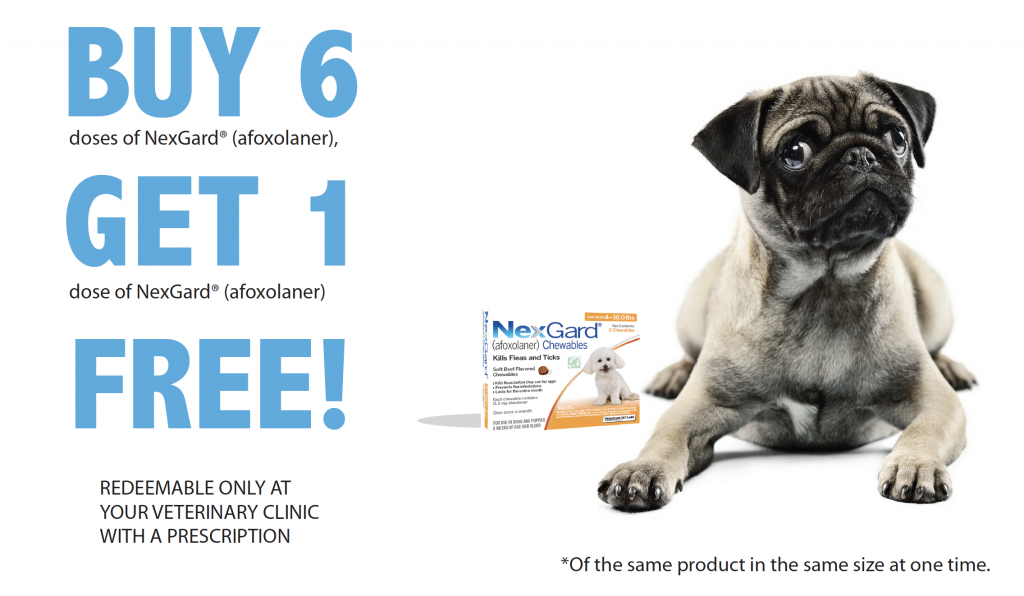FAQ
My pets are really good buddies. Will you let them board in the same cage?
We know your pets get along fine when they’re at home—sharing space, food and attention with no signs of stress or jealousy. But a boarding situation is inherently stressful: the pet’s routine changes, there are new people to deal with, new smells, lots of differences from their regular situation, and different equals stressful. Sometimes a normally well-behaved animal will snap or growl in a new situation, and unfortunately that attention is usually focused on the nearest object, which in this case would be your other pet. They aren’t being mean. They’re upset, and they don’t know how to react. For the safety of everyone involved, boarding individually is the only way we do it.
My pet is acting just like it did last year, and you gave me some medication for it then. Can you just get me some this year without me having to schedule an appointment?
We realize that on the surface a lot of things can look the same. Loss of appetite, lethargy, fever, blinking an eye rapidly…. these can mean a lot of different things, and very different illness syndromes can present with the same symptoms. Appropriate regulatory authorities monitor anything that is strong enough to be a prescription drug correctly, and we are prohibited by law from dispensing a prescription drug without having seen the pet in the last twelve months.
My dog is on heartworm medication all year round. Why do I have to get a heartworm test yearly?
This is a good question, and deserves a thoughtful answer. The short response is that we are following the current guidelines of the American Heartworm Society, which recommends yearly testing for all dogs, even when receiving preventative on a monthly basis. The longer answer is that even though the many heartworm preventative options we have available now are very, very good, they are not 100% effective. No drug is. The oral medication only stays in the system for about 24 hours, and so if during that 24-hour absorption period your dog vomits, or has diarrhea, or simply doesn’t process his nutrients as well as usual, the medication may not actually have done its job. And finally, be honest here: are you absolutely, 100% sure that you gave that pill that month? It is surprising how often the most diligent owner misses a dose.
I just bought some expensive flea preventative from you guys, and I’m still seeing fleas on my pet. What gives?
For those of you old enough to remember the days of flea bombs and collars, the sheer volume of flea products available now can be enough to make your head spin. And they are so good now that many of the diseases we used to see a lot of (flea bite dermatitis, flea-induced anemia, etc.) are a thing of the past. But fleas are nothing if not adaptable, and in order for any of the prescription flea products to work you must use them as directed, and recognize their limitations. Since all of the products we carry are slightly different, we won’t go into them individually here. But there are some things to remember for whichever products you use:
1) Make sure you are using the right dose! Puppies grow and dogs get fat. If you are “on the bubble” between doses, it is always better to go with the larger dose. These medications are extremely safe and well tolerated, and a little extra will not hurt. But under-dosing may mean that you don’t get enough of the medication on the pet, and therefore all the fleas may not be killed.
2) Oral flea products must be given with a meal in order to be absorbed properly, and topical medications must not be given right before or right after bathing. Read the directions carefully, and follow them!
3) The longer you have had a problem, the longer it will take to get rid of the fleas.
None of the currently available products kill flea eggs, and very few of them are effective against the larval stages of the flea. That means it may take several doses of the flea medication before all of the fleas in all of the life stages have been exposed to the drug, and eradicated. Most of the products available are also not repellent; so fleas will still come in on your pet, or even on you! But if you use the products as directed, you will eventually get those nasty pests under control.
Help! I have a pet emergency. What do I do?
First of all, keep calm. Panicking never helps. Then pick up the phone and call us at (573) 445-4466 to let us know you will be coming in with your pet. We take emergencies as soon as they arrive in the clinic, but if we know you are on your way and we know something about the emergency we will be dealing with, we can be better prepared when you arrive. We have an emergency door with a buzzer on the west side of our hospital and we will get you inside quickly. If the problem happens outside of our normal business hours (7:30 a.m. until 5 p.m. M-F; 7:30 until noon on Saturday) please contact our 24 hour emergency hospital, Horton Discovery at 573-777-3609. If you are not sure you are dealing with a true emergency, then give us a call anyway, and we can give you some guidance on what to do.
Do you guys take walk-in appointments?
We much prefer that you make an appointment in advance so that we may be sure that you can see your regular doctor. If you must drop by without an appointment, be aware that there may be a wait involved depending on how tightly scheduled our doctors are that day, and you may not be able to be seen by your preferred doctor. However, we do our best to accommodate whatever our clients need, and if you stop by and wish to be seen we will try and get you in as soon as we possibly can.




